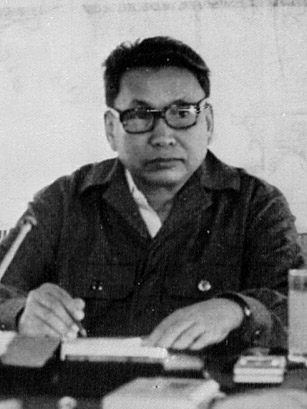
In the four years of Pol Pot's rule, the terror campaign he waged led to the deaths of nearly a quarter of Cambodia's 7 million people through execution, torture, starvation and disease. When Pol Pot rose to power as Prime Minister of the Khmer Rouge — a radical Marxist-Leninist outfit — on April 17, 1975, he renamed the country Kampuchea and sought to return it to an agrarian society by emptying the cities and forcing the population into agricultural labor. Urban dwellers and literati were evicted from their homes and pushed into hard labor in the countryside or in prisons like Phnom Penh's infamous Tuol Sleng, where prisoners were sorted and documented before being sent to their deaths in what became known as the "killing fields." Hundreds of thousands of intellectuals were tortured and executed under the Khmer Rouge; others starved or died from disease or exhaustion. In all, an estimated 1.7 million Cambodians died from 1975 to 1979. Eventually, fed up with cross-border raids by the Khmer Rouge, Vietnam invaded Cambodia on Dec. 25, 1978 — in the face of opposition from many in the international community, including China and the U.S. — and within weeks occupied the capital, Phnom Penh, overthrowing Pol Pot's murderous regime and sending the war criminal running to the Thai border. Despite his ouster, Pol Pot continued to run the Khmer Rouge from the jungles until his arrest in July 1997. In a show trial, Pol Pot, known as Brother No. 1, was denounced by his followers and sentenced to house arrest in his jungle home. He died there less than a year later at age 73 on April 15, 1998, never having faced charges. To this day, Cambodia struggles to reconcile itself with the legacy of this horrifying chapter of human history.